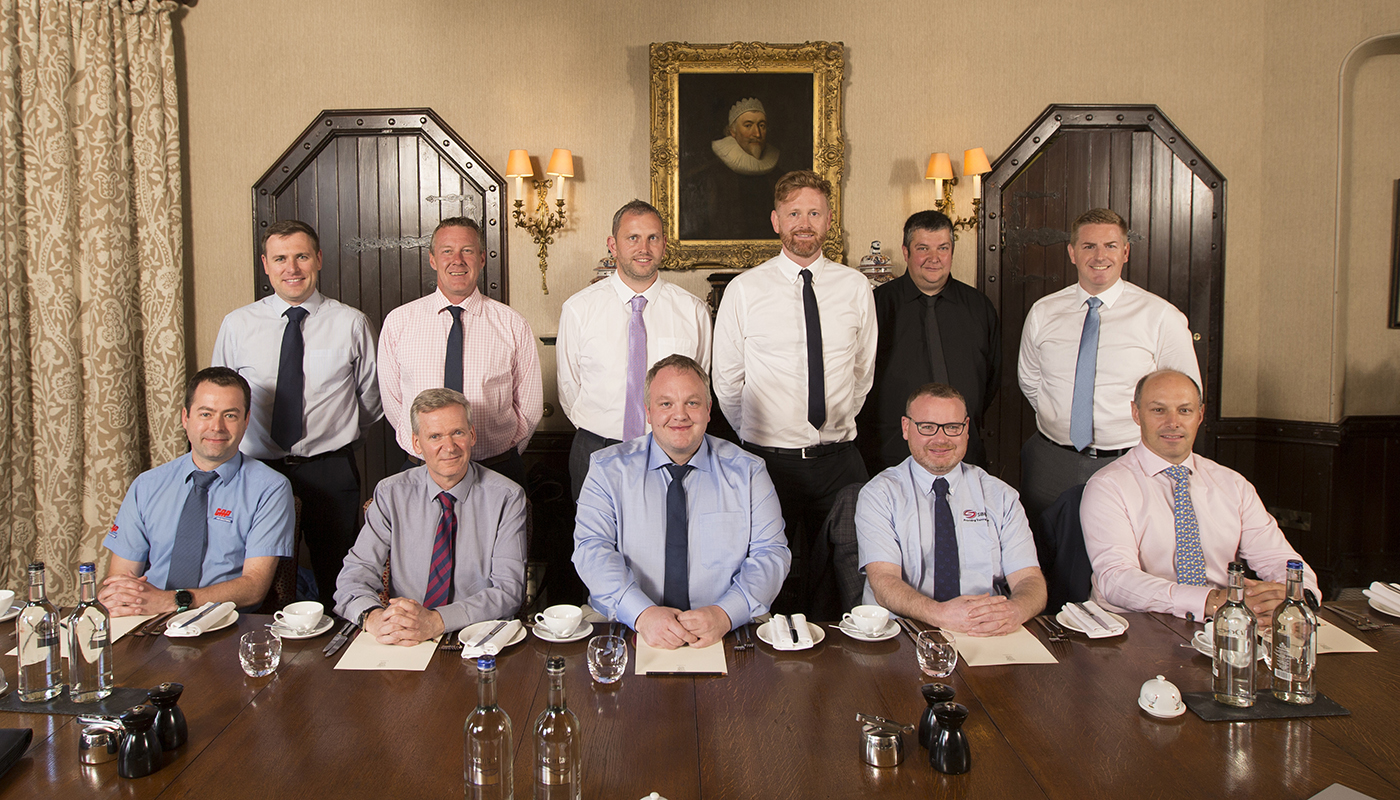
THE Scottish Plant Owners Association (SPOA) is pressing ahead with plans to create a sub-group within the trade body for the lifting sector.
Following a meeting in Dunblane in May, a sub-committee is being formed and an actionable roadmap developed, all with the aim of ensuring Scotland’s lifting industry is better represented.
SPOA president Callum Mackintosh told Project Plant the idea came from the members themselves out of a desire to help shape the lifting sector’s future and respond to some of the specific challenges facing this market segment.
“I started engaging with members within the lifting sector to test the water and see if there was an appetite to do more,” Callum explained. “Ultimately it has to be led by them. There’s no use in it being led by us if we’re not the ones who are active in that sector.
“Fortunately, there was an appetite. Then Covid hit and that caused us to refocus our efforts on supporting our members in a totally different way.”
Late last year, once restrictions eased and people had the freedom to meet face-to-face again, the idea started to move forward. That led to the Dunblane gathering and the quest to officially form the sub-group and sub-committee.
“We’ve got a really strong set of objectives,” Callum added. “Specifically, what we’re not looking to do is duplicate anything that’s already being done.”
The challenges facing the lifting sector include educating customers on the cost of doing business – whether it be a contract lift or hire.
Other issues include the lack of fresh talent and the fact the average age of operatives working in the lifting sector is currently 55-60. The SPOA has been working with the CITB over the past year to make sure there is a relevant apprenticeship course to help address this.
“The National Construction College has pulled together a pretty comprehensive course whereby we can recruit apprentices of any age and send them down for training and to begin their career as a lifting operative,” Callum added. “I’m pleased to say we’ve got five employers who have committed to taking on an apprentice. Now it’s just a case of supporting them to find the right candidates to take on that apprenticeship position within those businesses.”
SPOA executive committee member Darran Mellish, who is director of Mellex Group, has helped to drive forward the new lifting sub-group. He reiterated that fuel costs and a lack of young talent are the two major issues facing Scotland’s lifting sector.
Darran is hopeful the group will help to address these matters and is urging other businesses operating in the lifting industry to get involved.
“The idea of having the lifting sub-group is an opportunity for those involved in the lifting sector in Scotland to have their say on current problems faced by the industry and discuss with fellow businesses potential solutions, improvements, and the way forward for the sector in the current climate,” he explained.
“There is a lack of new, young operators coming into the industry. And as of April 1, the crane industry was hit particularly hard by the fuel crisis, not only with the vast increase in cost, but also changing from red to white diesel. The rates did not increase in line with fuel increases.
“It’s great to see the uptake so far (in the lifting sub-group) from the other businesses within the lifting sector and it will be even greater to see more come on board as I feel that the more businesses that are involved, the greater the voice it will give us to combat these issues.”
• Other recent changes concerning the SPOA include three new appointments to its executive committee.
James Currie, MD of Currie Contractors in Cullen, is one of the new members and he has also taken up a role in the safety, training and competency sub-committee and PSRO technical review group. The other new faces are Gary Robertson (operations director at Hermiston Asphalt) and Robin Bryant (joint MD of Scot JCB).
“It’s hugely important to bring fresh thinking into the SPOA committee, but I’m also mindful that we do still need to retain all the sage wisdom that we have from the more senior and experienced people that we have on the committee,” Callum Mackintosh said.

Having campaigned previously for a delay in the removal of the red diesel subsidy from the construction industry, the SPOA has switched its focus to the need for rebated clean, renewable or alternative fuels as a way of reducing costs and incentivising firms to switch to greener solutions.
The biggest issue affecting the plant industry across Scotland, however, remains skills shortages.
“Getting young people (into the sector) and also reorientating people to us from other sectors is very important to me,” Callum explained. “We’ve all identified that it’s increasingly difficult to get good engineers, good operators, good hire managers.
“We have to invest in apprenticeships and support people. We must commit time aside from the rat race to actually invest in those people and train them up.”








